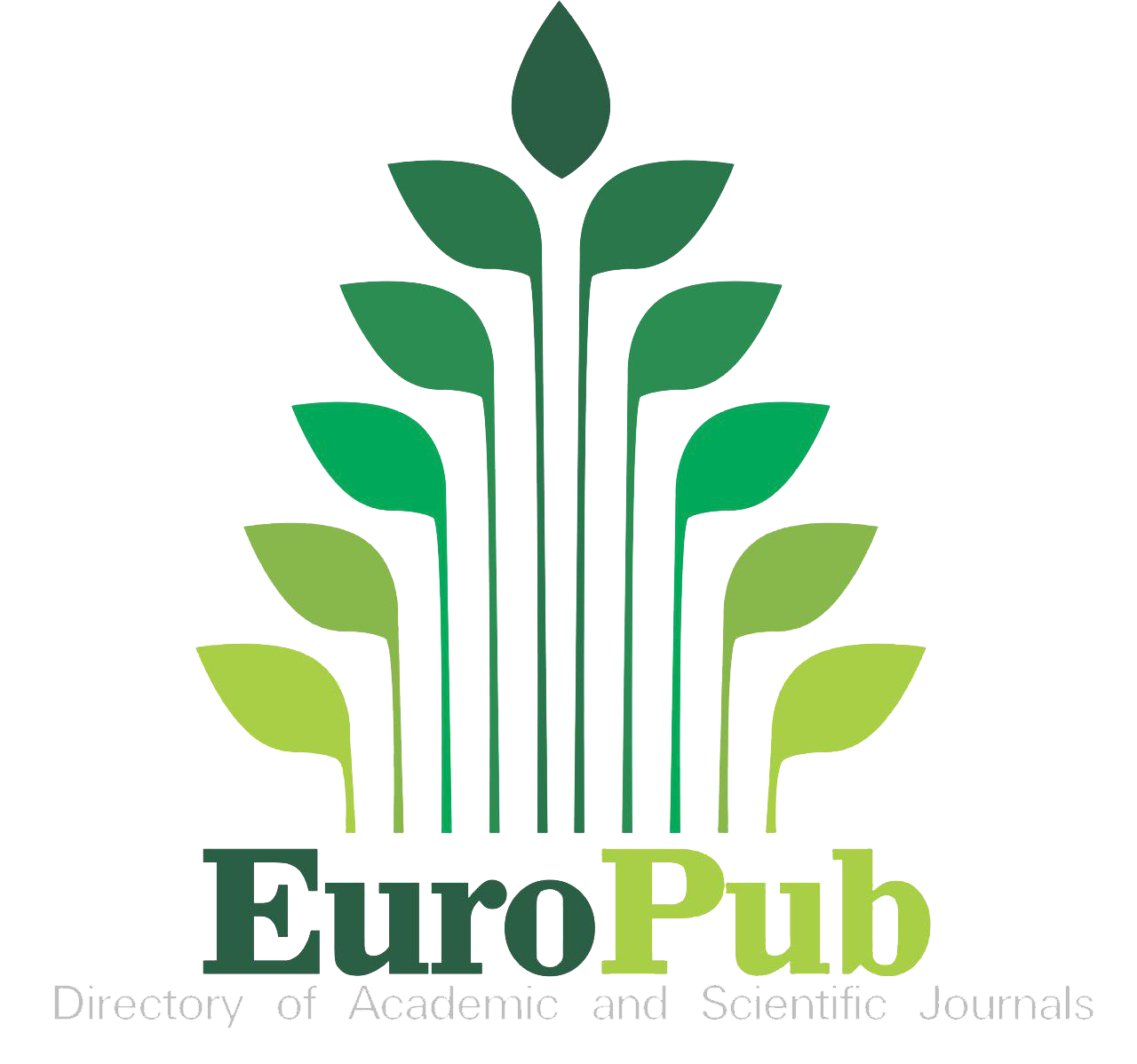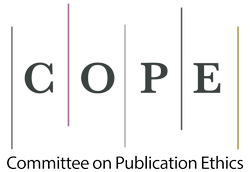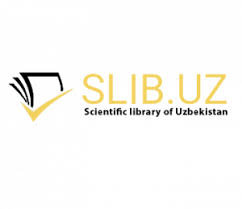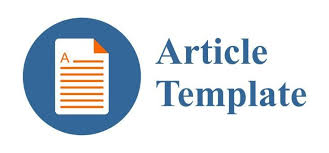TEACHING ENGLISH FOR SPECIFIC PURPOSES: APPROACHES AND TECHNIQUES
Keywords:
English for Specific Purposes, ESP, professional communication, specialized vocabulary, needs analysis, task-based learning, content-based instruction, authentic materials, industry-specific language, academic English, business English, technical English, digital learning, employability skills.Abstract
English for Specific Purposes (ESP) is a specialized area of English language teaching (ELT) that focuses on developing learners' linguistic and communicative competence in specific academic and professional contexts. Unlike General English, ESP is tailored to the needs of specific disciplines, such as business, medicine, engineering, and law. This article explores key approaches and techniques in ESP instruction, emphasizing needs analysis, task-based learning, content-based instruction, and the use of authentic materials. The study also examines the challenges faced in ESP teaching, including the shortage of qualified instructors, limited resources, and evolving industry demands. Findings suggest that ESP significantly enhances professional communication, employability, and academic performance.
References
1.Dudley-Evans, T., & St. John, M. J. (1998). Developments in English for Specific Purposes: A Multi-Disciplinary Approach. Cambridge University Press.
2.Hutchinson, T., & Waters, A. (1987). English for Specific Purposes: A Learning-Centered Approach. Cambridge University Press.
3.Basturkmen, H. (2010). Developing Courses in English for Specific Purposes. Palgrave Macmillan.
4.Hyland, K. (2006). English for Academic Purposes: An Advanced Resource Book. Routledge.





























